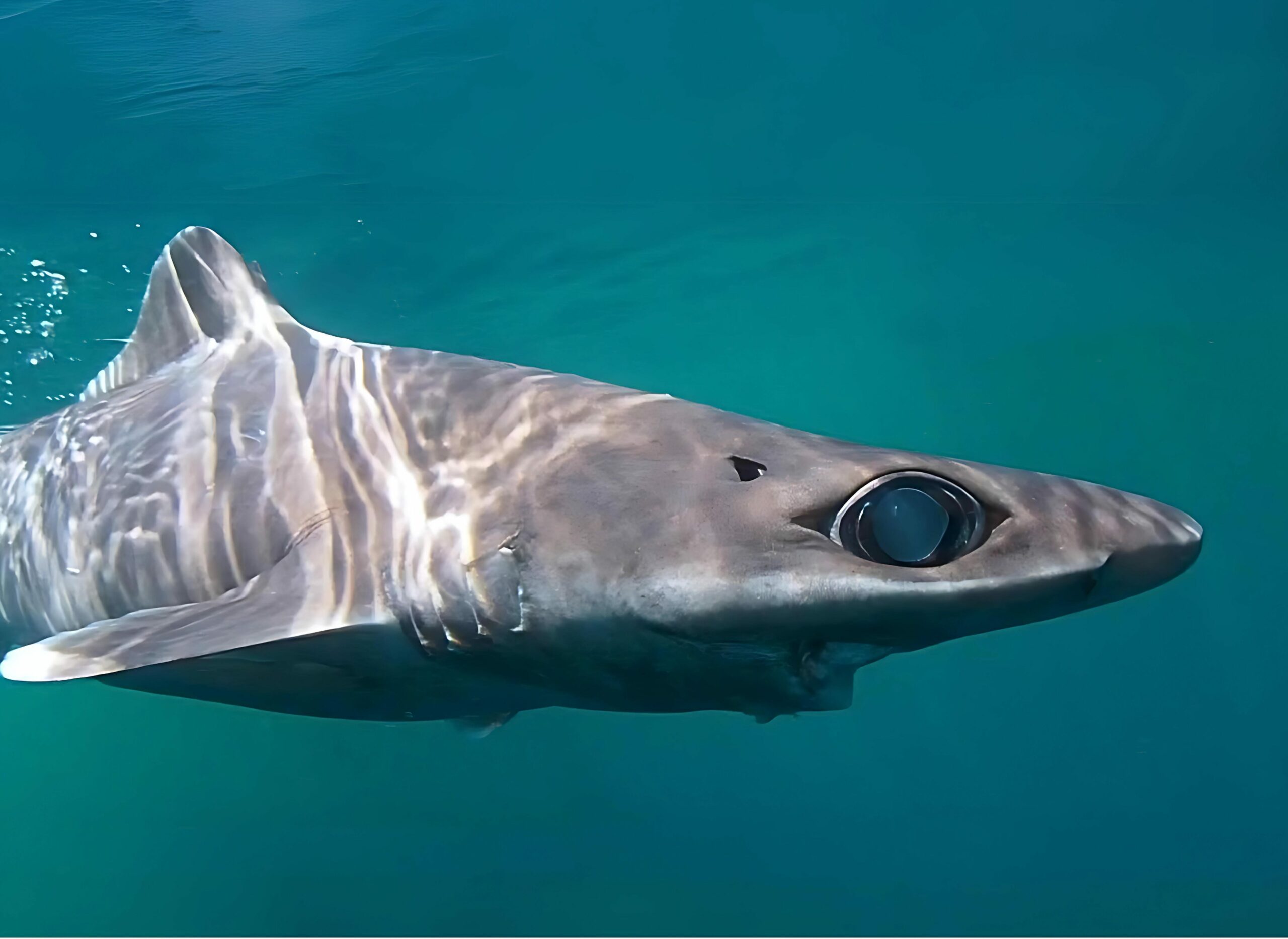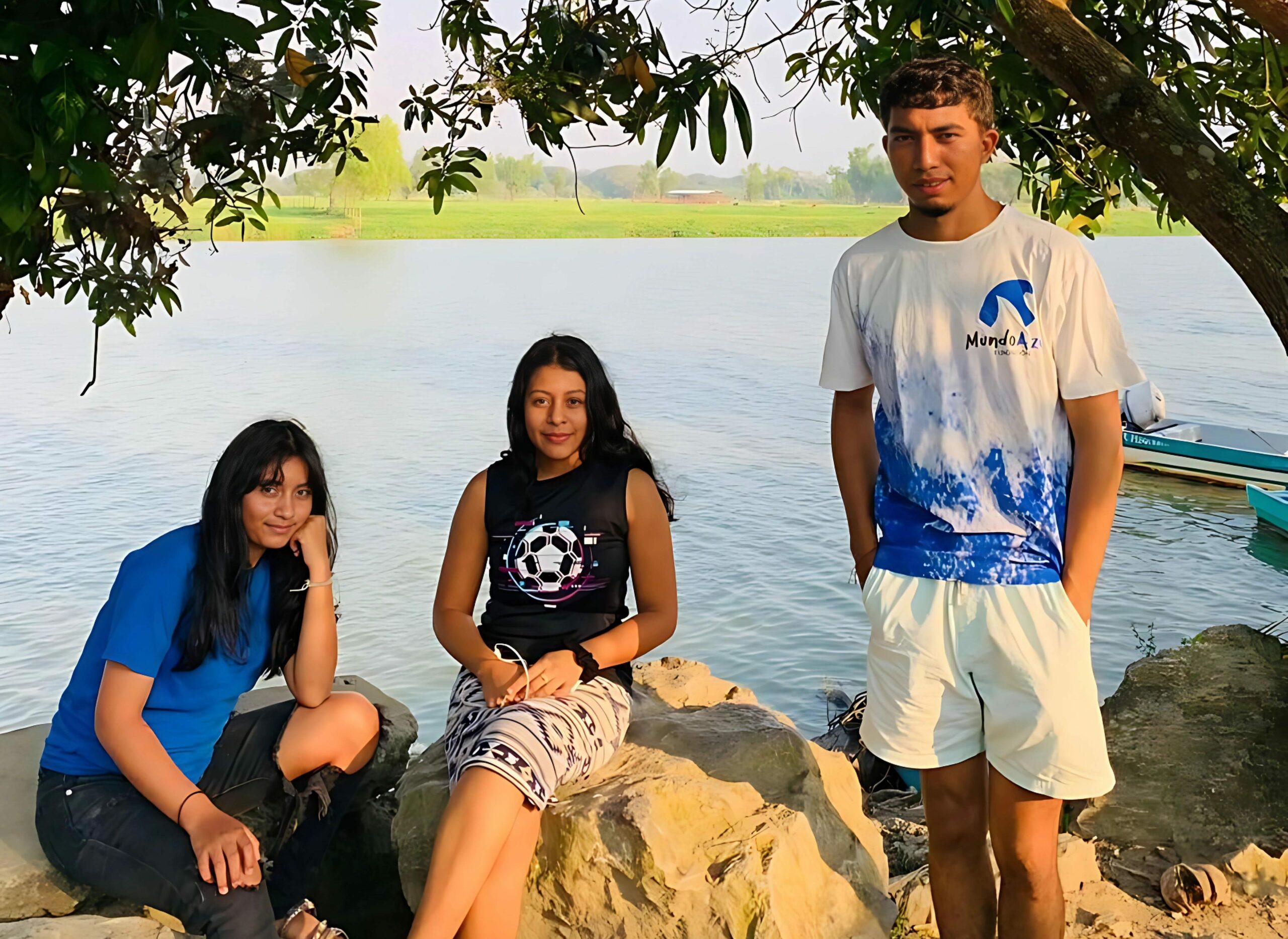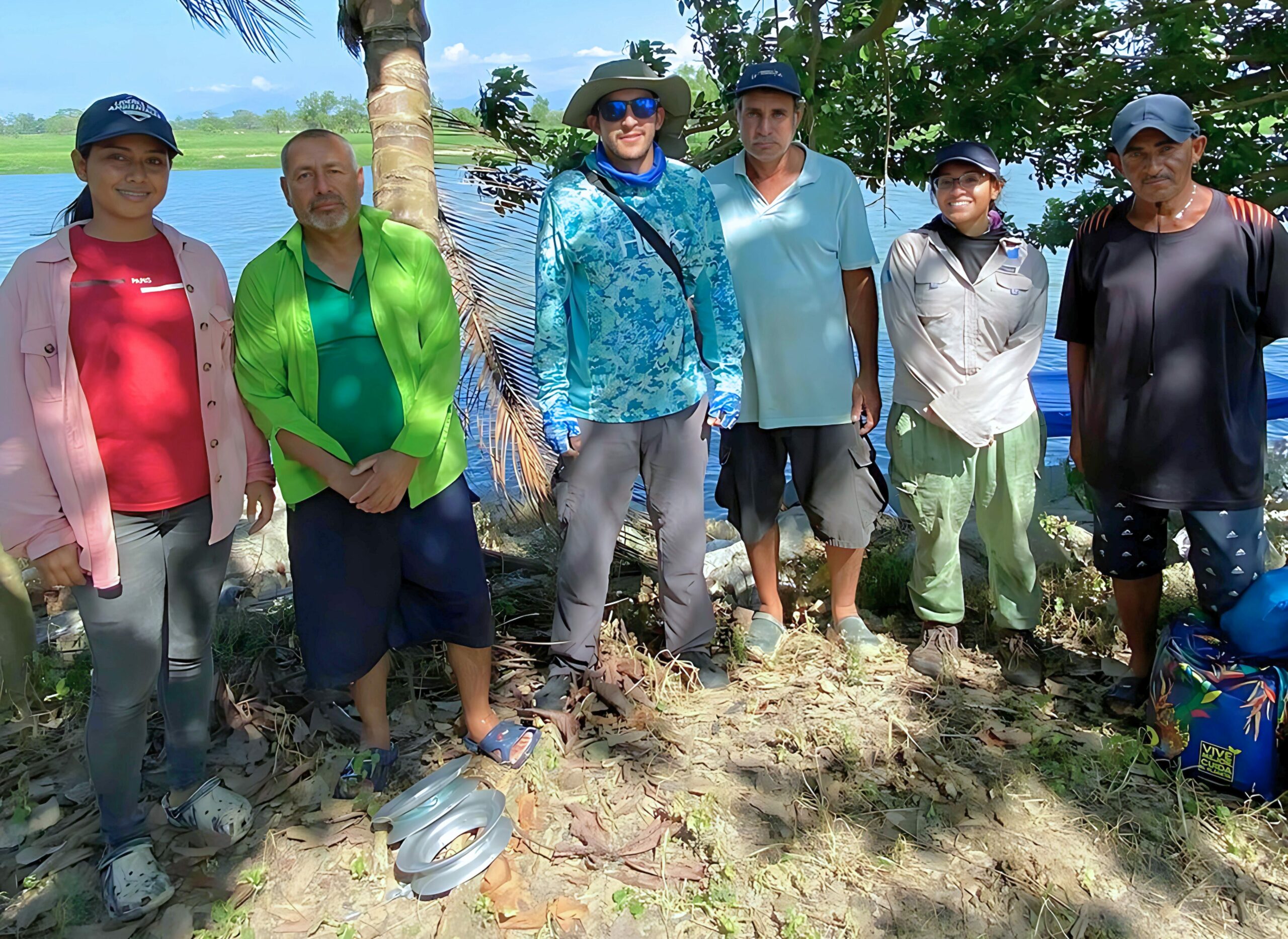Deep-water species protection through community engagement
Deep-water fisheries in the Guatemalan Caribbean lack proper management, and data collection efforts are sparse at best. This situation poses a threat to deep-water chondrichthyans, especially since local fishers see deep-water fishing as a potential alternative to coastal fishing due to the overexploitation of nearshore resources.
With the expansion of fishing activities into the deep waters of the Cayman Trench, near El Quetzalito community, and well-established relationships with local fishers, considerable progress has been made in understanding the chondrichthyan fauna in the Guatemalan Caribbean. Nine species of deep-water chondrichthyans have been identified in this area in the last eight years. However, significant knowledge gaps persist regarding the impact of fishing activities on these species. Essential data on life cycle characteristics, abundance, seasonal occurrence, and distribution are lacking. We are left wondering about the extent of this impact—Are our catches predominantly comprised of females, males, immature or mature individuals?

Gulper shark (Centrophorus granulosus) from the deep waters of the Guatemalan Caribbean. Photo © Elisa Areano
Our project, in collaboration with Fundación Mundo Azul team, aims to address these knowledge gaps and shed light on the impact of deep-water fishing on chondrichthyans in the region. By combining dependent and independent fishery surveys with community engagement initiatives, we are working to gather crucial data on these understudied species.
The first phase of the project involved conducting training workshops for youth in El Quetzalito, focusing on collecting morphometric data from chondrichthyans caught during deep-water artisanal fishing activities. These young participants play a crucial role in our citizen science program, by collecting biological data from chondrichthyans captured in local deep-sea artisanal fishing efforts.

Young participants of the Citizen Science Program waiting the fishers' boats to collect data on captured and landed chondrichthyans. Photo © Yuliana Ortega
Furthermore, we’ve developed strong relationships with local fishers, who provide landing data to our citizen scientists and support our fishery-independent surveys using scientific longlines in deep waters. Community involvement is crucial in our efforts to understand the impact of fishing on deep-water species and promote their conservation in the Guatemalan Caribbean.

Local fishers from El Quetzalito who will provide chondrichthyan landing data and support the independent surveys. Photo © Derek Nájera
